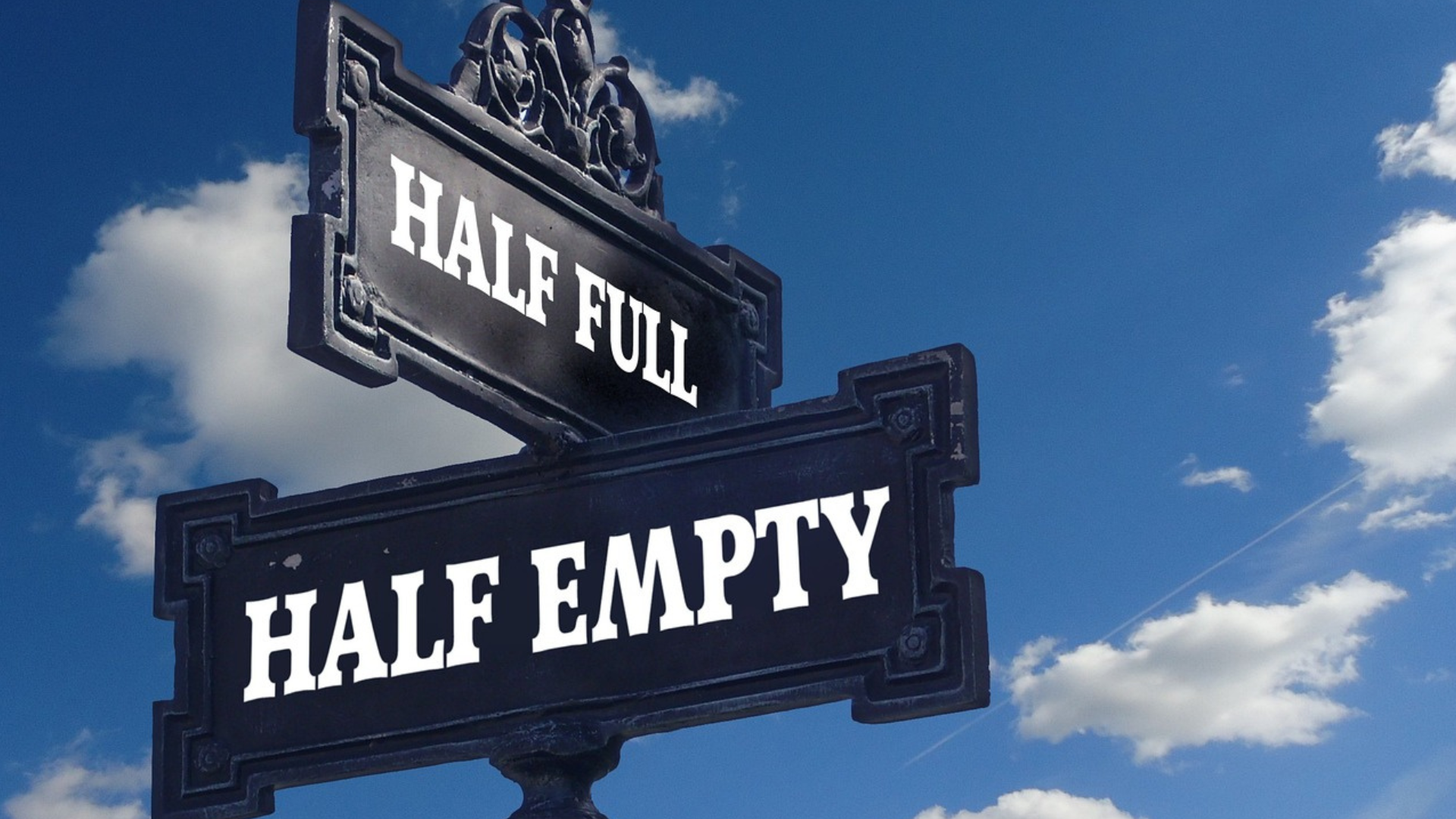The Power of Perception
Why Two People Experience the Same Stress Differently
Imagine two colleagues facing the same tight deadline. One remains calm and focused, seeing it as an exciting challenge. The other feels overwhelmed, anxious, and unable to concentrate. But why do they experience the same situation so differently?
The answer lies in perception – how we interpret and respond to stress is deeply personal and shaped by our thoughts, past experiences, and even biology. Understanding the power of perception can transform how we handle stress, leading to greater resilience and well-being.
The Science Behind Stress Perception
Stress isn’t just about external events; it’s about how our brain interprets those events. When we encounter a stressful situation, our brain quickly assesses whether it’s a threat or a challenge.
- A threat triggers fear and avoidance, releasing high levels of cortisol, which can be harmful over time.
- A challenge sparks motivation and problem-solving, leading to a more balanced stress response.
This difference in perception explains why some people thrive under pressure while others struggle. But what influences this perception?
Past Experiences and Conditioning
Our past plays a huge role in shaping how we view stress. If someone has repeatedly faced tough situations and successfully navigated them, they’re more likely to perceive new stressors as manageable. Conversely, those who’ve experienced trauma or failure may see similar situations as insurmountable threats.
Personality and Genetics
Some people are naturally more stress-resistant than others. Research suggests that individuals with a more optimistic outlook tend to reframe stressful situations in a positive light, reducing their negative impact. Genetics also play a role, certain individuals have a higher baseline of resilience due to their brain’s natural chemistry.
Mindset and Cognitive Biases
The way we think about stress determines its impact. Those with a growth mindset, believing they can improve and adapt, handle stress more effectively. In contrast, people who engage in catastrophic thinking (expecting the worst) are more prone to anxiety and emotional exhaustion.
Why Stress Feels Different for Everyone
Two people can stand side by side in the same situation, but their internal responses may be worlds apart. Here’s why:
Coping Mechanisms
Some people instinctively use healthy coping strategies, exercise, meditation, or problem-solving, while others may turn to avoidance, substance use, or rumination, intensifying stress.
Emotional Regulation
Emotional intelligence plays a significant role in stress perception. People who can regulate their emotions, by staying calm, reframing situations, or seeking support – experience less distress in the same circumstances.
Social Support
Having a strong support system can make stressful events feel less overwhelming. Studies show that individuals with close relationships and social connections have a more balanced physiological response to stress.
How to Shift Your Perception of Stress
If stress perception is subjective, the good news is that we can change it. Here’s how:
Reframe Stress as a Challenge
Instead of seeing stress as a threat, try to reframe it as an opportunity for growth. Studies suggest that individuals who view stress positively experience lower cortisol levels and better performance.
Practise Mindfulness and Self-Awareness
Mindfulness helps us observe our thoughts without reacting negatively. Becoming aware of automatic stress responses allows us to consciously shift our perspective and reduce anxiety.
Strengthen Emotional Resilience
Developing emotional resilience involves:
- Practising gratitude to shift focus from stressors to positive aspects of life.
- Using deep breathing exercises to calm the nervous system.
- Engaging in self-care activities that promote mental clarity.
Learn from Stress-Resilient Individuals
Observing how resilient people handle stress can be incredibly beneficial. Notice their coping strategies and adapt them to your own life.
How PsycApps Can Help with Stress Management
If you’re looking for science-backed tools to shift your perception of stress and build resilience, the PsycApps CPD-certified resilience development programme is designed for you.
Developed by mental health experts, this programme provides evidence-based strategies that help individuals:
Reframe stress triggers using Cognitive Behavioural Therapy techniques.
Improve emotional regulation through mindfulness exercises.
Develop healthier coping mechanisms to manage stress proactively.
By integrating these techniques into daily life, PsycApps empowers users to transform their stress response and build a more resilient mindset.
Mastering the Power of Perception
Stress is an inevitable part of life, but how we perceive and respond to it is within our control. By understanding that stress is not just about external pressures but how we interpret them, we can develop resilience and navigate life’s challenges with greater ease.
The next time you feel stressed, pause and ask yourself: “Is this a threat, or can I view it as a challenge?” That single shift in perception might just change everything.
Explore our CPD-Certified Resilience Development Programme to start your journey today.


